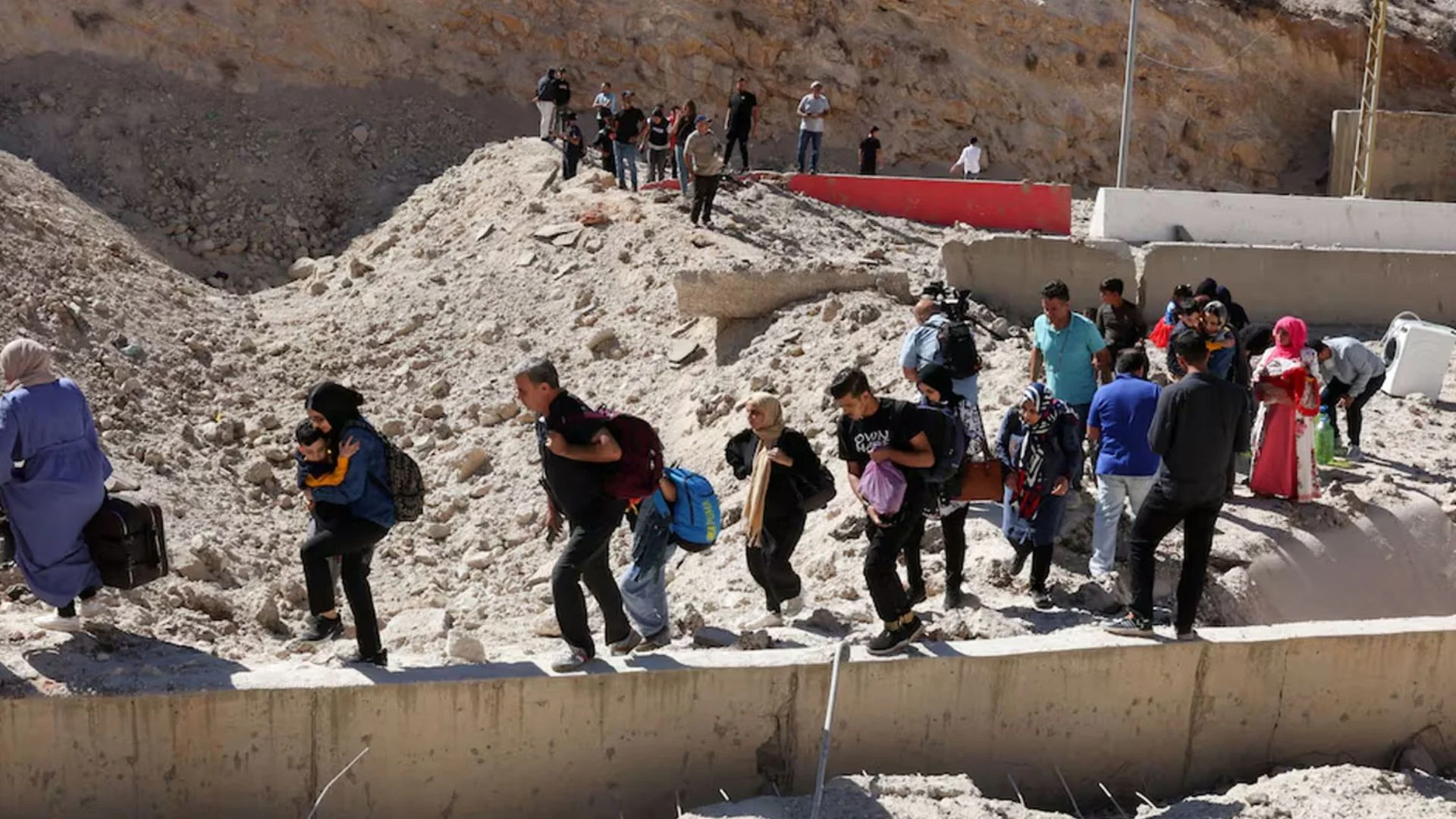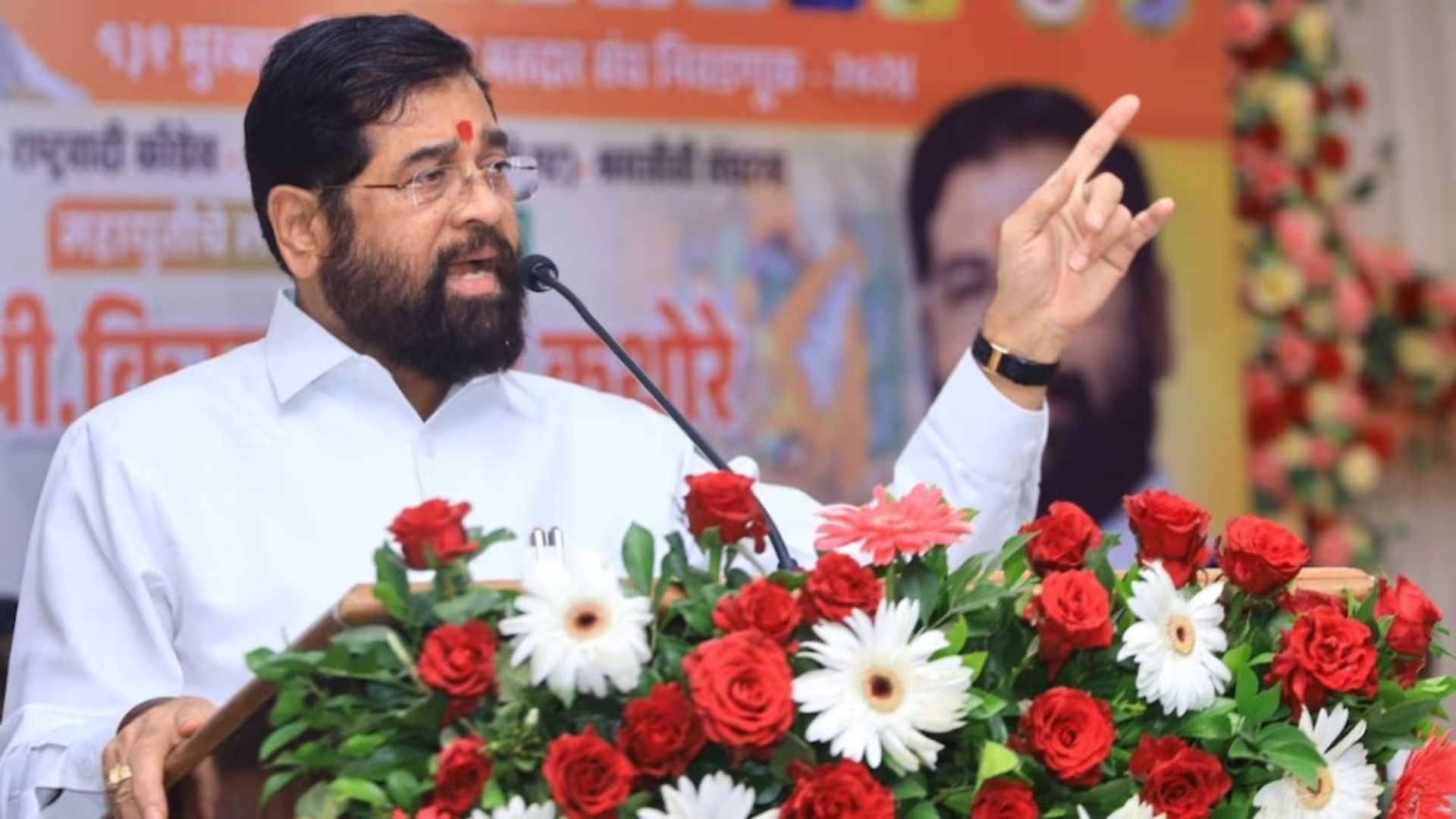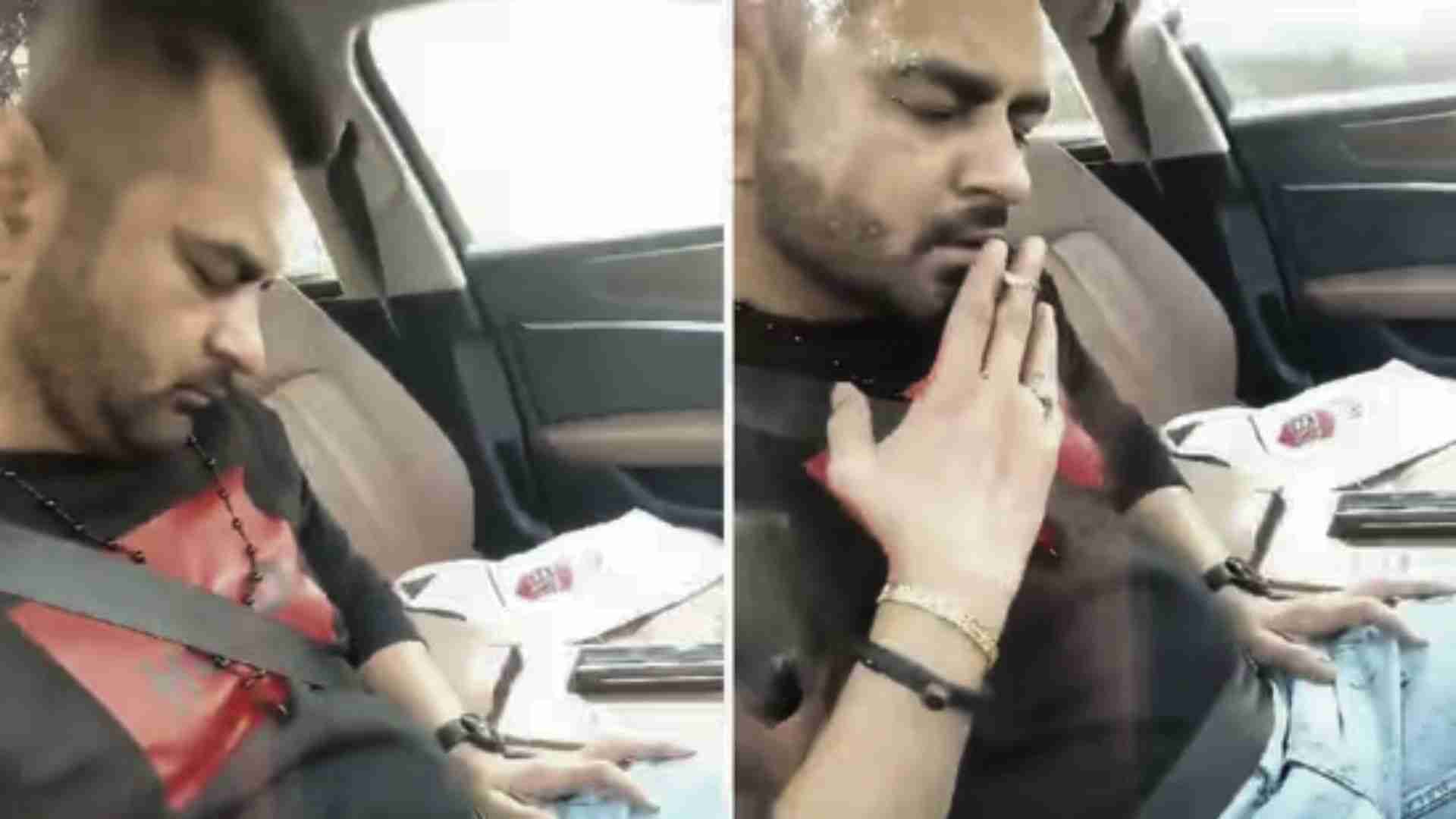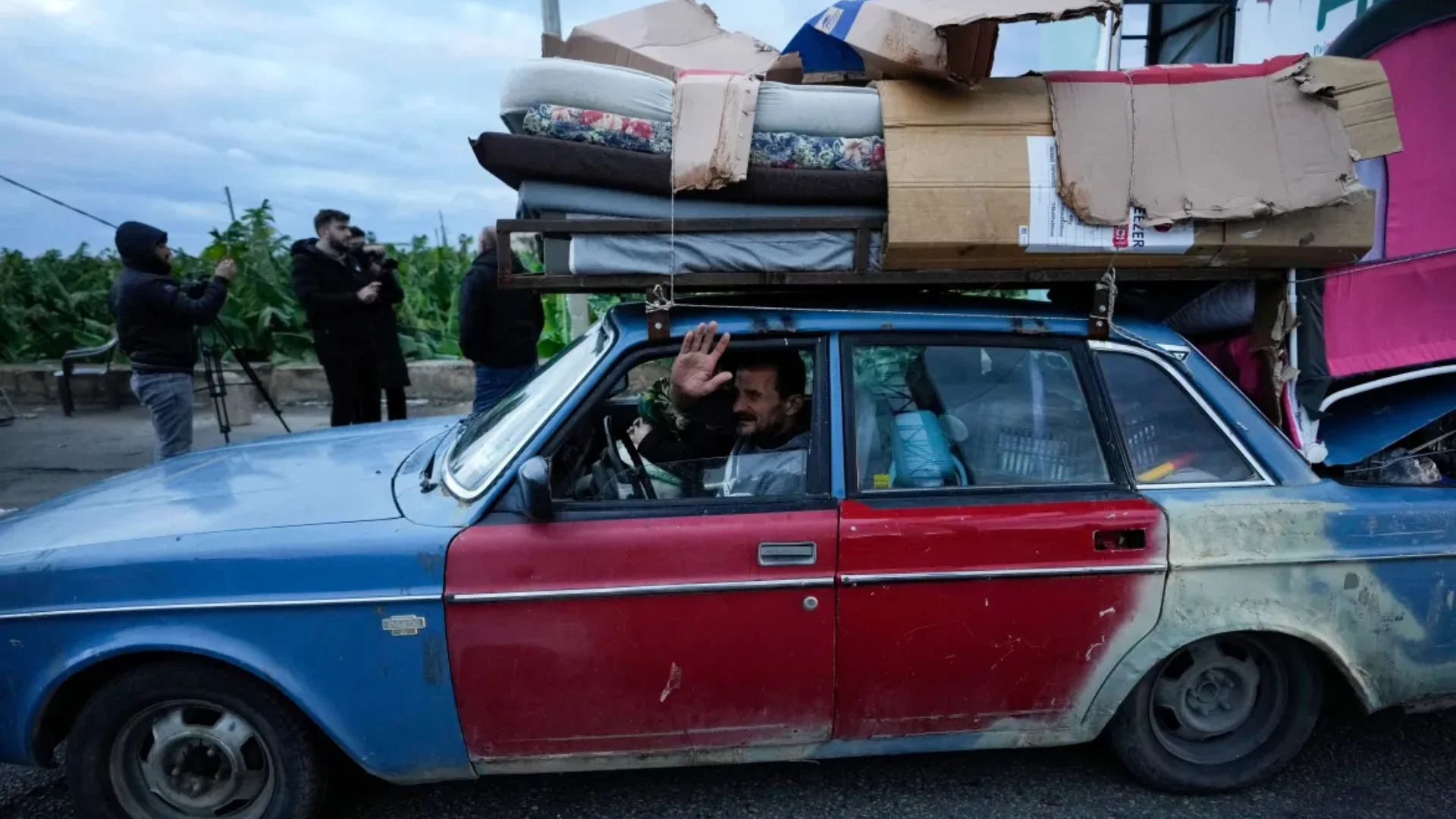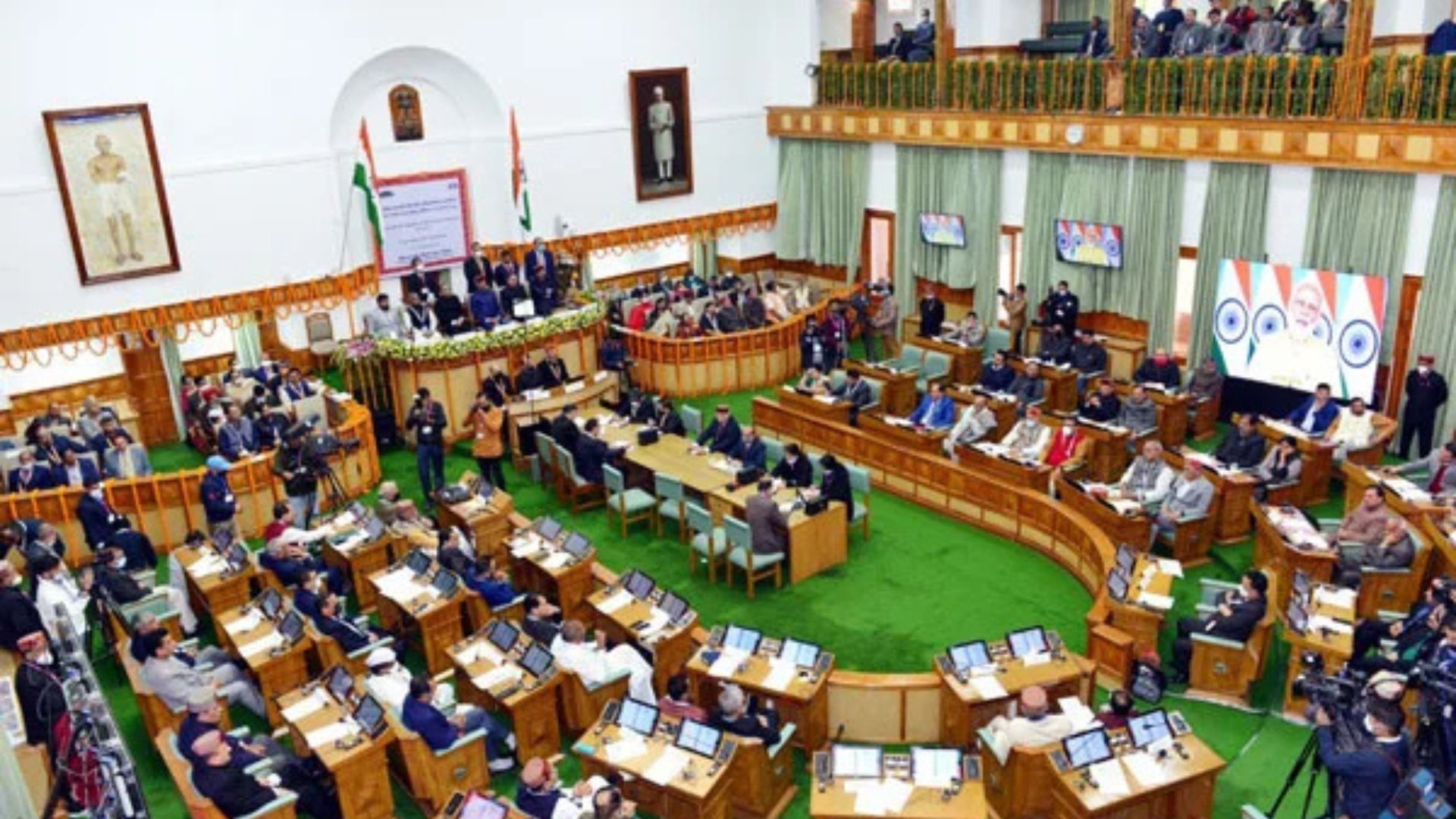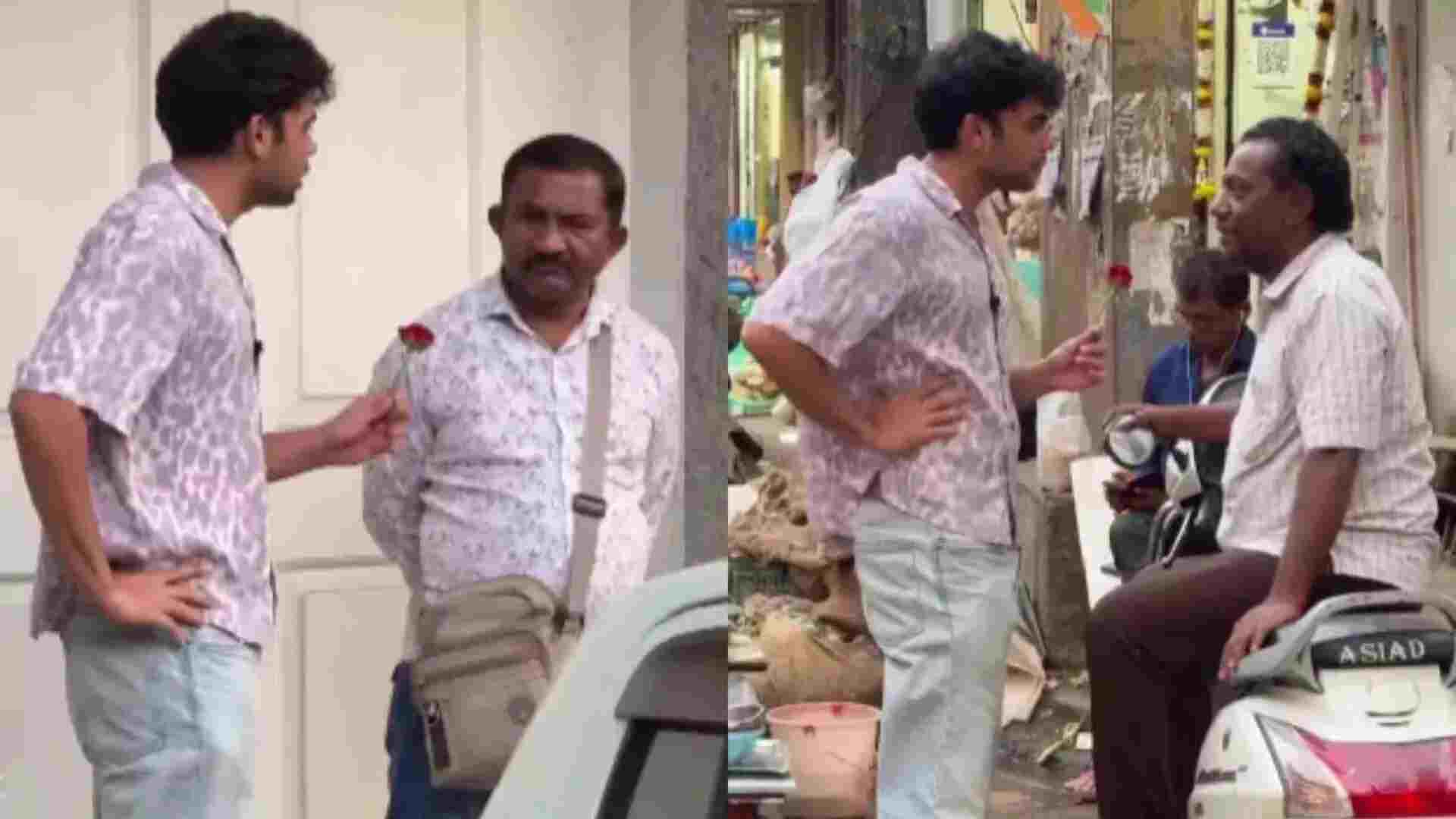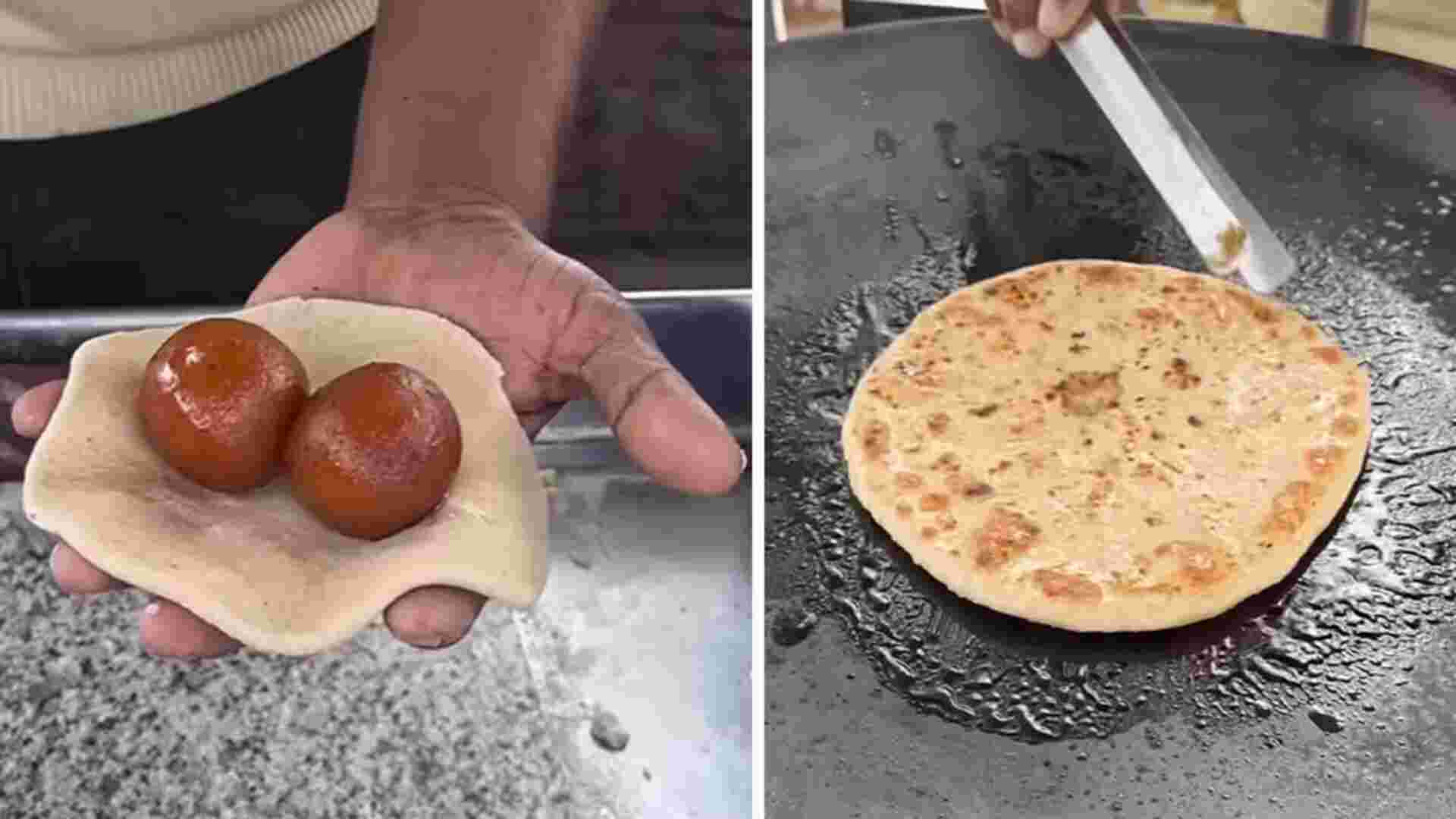Fourteen opposition political parties have filed petitions in the Supreme Court seeking guidelines for the arrest, remand, and bail of persons in matters being probed by various agencies including the Central Bureau of Investigation (CBI) and Enforcement Directorate (ED).
The opposition party has sought from the Supreme Court certain prospectively applicable guidelines governing the arrest, remand, and bail of persons in offenses (which may or may not be punishable with imprisonment for above 7 years) not involving serious bodily harm (thereby obviously excluding homicide, rape, terrorism, etc) 14 Opposition political parties have filed this petition before the Supreme Court of India, in light of the alarming rise in the use of coercive criminal processes against Opposition political leaders and other citizens exercising their fundamental right to dissent and disagree with the present Union Government.
The petitioner said that as for arrest and remand, they sought the triple test –whether a person is a flight risk, or whether there is a reasonable apprehension of the tampering of evidence or of the influencing/intimidation of witnesses– be used by police officers/ED officials and courts alike for the arrest of persons in any cognizable offenses except those involving serious bodily violence. The petitioner said that when these conditions are not satisfied, alternatives like an interrogation at fixed hours or at most house arrest be used to meet the demands of investigation.
As for bail, the Petitioners sought that the principle of ‘bail as a rule, jail as exception’ be followed by all courts throughout, especially in cases where non-violent offenses are alleged, and that bail be denied only where the triple-test is met.
The petitioner sought to harmonize the bail provisions of special laws such as PMLA with stringent bail conditions are concerned. The opposition party also sought that if it appears that the trial is unlikely to be complete within six months, the accused be released on bail even under special laws unless the conditions in the triple-test are not fulfilled.
In conclusion, the Petitioners sought these guidelines to fulfill and realize the guarantee of personal liberty entrenched in Article 21 of the Constitution, for all citizens, including those targeted for exercising their right to political dissent and for performing their duties as the political opposition.
The opposition parties have said that investigating agencies such as CBI and ED are being increasingly deployed in a selective and targeted manner with a view to completely crush political dissent and upend the fundamental premises of a representative
democracy.
The petition has been drawn and filed by advocate Shadan Farasat, Adv, and settled by Senior Advocate Abhishek Manu Singhvi.

